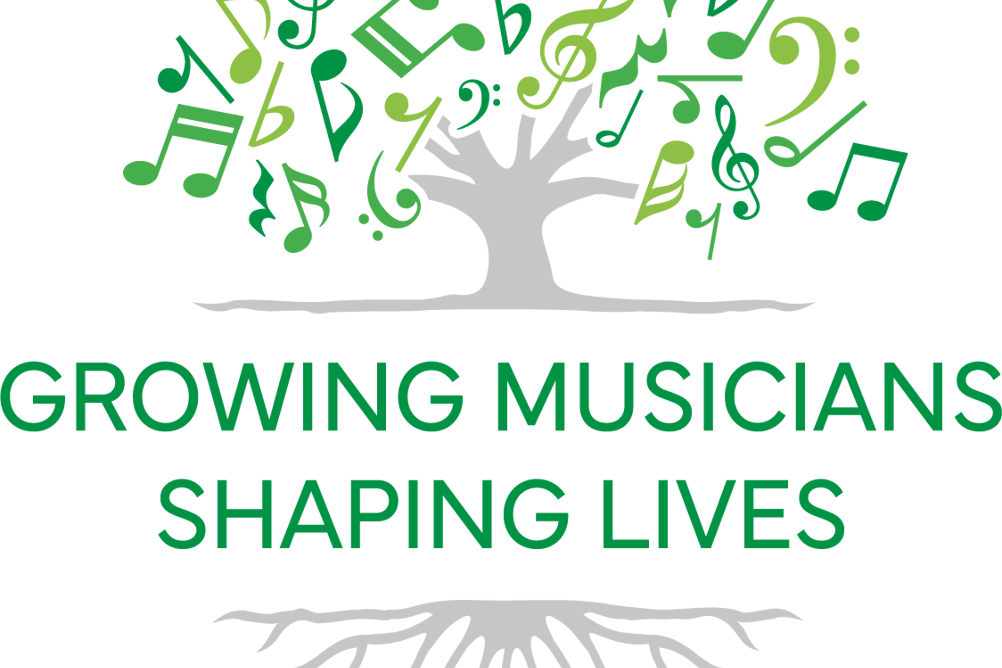
Findings from the survey, which closed at the end of March, paint a sobering picture. Nearly half of the teachers reported a decline in extracurricular music participation over the past five years. The story is the same for instrumental lessons, with 45% noting a drop, while only one in five observed an increase.
Behind the numbers is a troubling trend: despite the proven social and educational benefits of learning an instrument, students are being edged out – most often due to financial pressures. Cost was cited as the top barrier to continuing instrumental lessons, followed by lack of time, curriculum clashes, and lack of school provision.
Register now to continue reading
Register to the Music Teacher website today to read more of the latest news and developments from the world of music education.
You’ll receive:
-
Free access to 4 subscriber-only articles per month
-
Email newsletter providing advice and guidance across the sector
Already have an account? Sign in here




